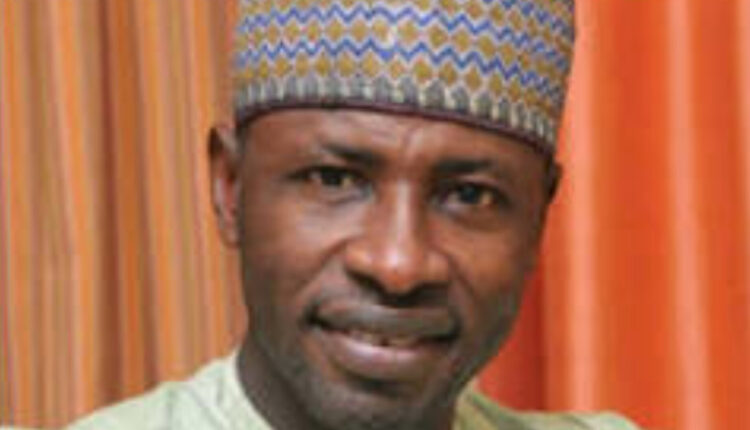Coordinator of the Obidient Movement and prominent Labour Party chieftain, Tanko Yunusa, has taken a swipe at the All Progressives Congress (APC), warning that the ruling party is heading towards internal implosion due to its lack of internal democracy and tendency towards political exclusivity.
Reacting to a recent report in which the APC ruled out automatic tickets for all its sitting National Assembly members, Yunusa said the ruling party’s internal contradictions are becoming more evident and unmanageable.
“They knew they have bitten more than they can chew,” Yunusa said in a fiery response. “That is the beginning of the beginning of the implosion that is bound to happen in that party.”

According to him, the APC’s attempt to manage an ever-expanding group of self-interested political actors without a clear democratic framework is bound to fail.
“They ’ve now taken so many people who with same interests. Now, to manage them becomes an issue. That is why it is good for them to allow a multi-democratic system, not the exclusive system that they are trying to do for one-party dominance. It will not work. It will kill democracy,” he declared.
Yunusa also criticised the party for what he described as “selfishness” in its alleged predetermined support for President Bola Ahmed Tinubu’s re-election bid, even as the APC distances itself from granting blanket automatic tickets to lawmakers.
On the fact that they have already granted President Tinubu sole candidacy almost two years to the 2027 he said, that is the selfishness in it. That’s going to be part of the implosion,” Yunusa insisted.
While he acknowledged criticisms of Labour Party’s own internal processes, he defended Peter Obi’s leadership style, stating that Obi has never blocked anyone from contesting in the party’s primaries.
“Yes, you may also say the same thing for Peter Obi, but Peter Obi wants to go to primary. He never stopped anybody from going to any primary,” he added.
Yunusa’s remarks add to the growing political discourse over how internal democracy—or the lack thereof—could shape the fate of major political parties ahead of the 2027 general elections.

